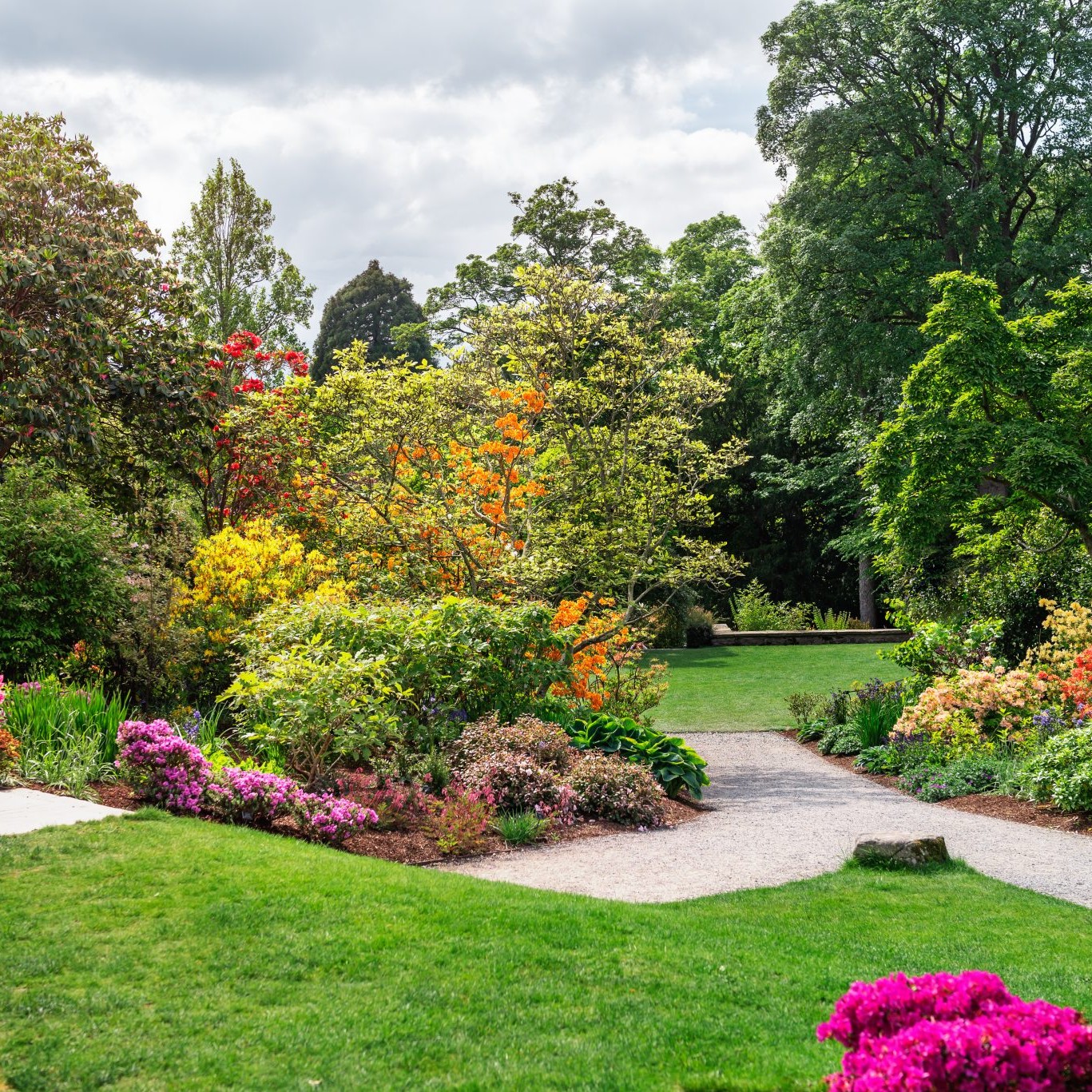Experts say allergy season may be more severe and offer tips for relief
Warmer temperatures made this year’s winter feel more like spring on several occasions. While the moderate weather delighted most, experts say spring allergy sufferers may not be as pleased, due to the earlier onset of symptoms and a more severe season ahead. Anju Peters, MD, suggests taking a preemptive approach in order to get ahead of symptoms before they get you down.
“Seasonal allergies are going to affect us differently this year,” explained Peters. “The mild winter created a longer growing season, which means an earlier start to allergy season. It may also lead to a season that is more severe than usual.”
Pollen counts are expected to be heavier than average, and tree pollen, the biggest culprit for spring allergies, may run rampant, creating misery for allergy sufferers along the way.
“When pollen gets into the nose of someone who is allergic, their immune system kicks into overdrive. Histamine and other substances are released that cause sneezing, itchy eyes, coughing, nasal congestion and sinus inflammation,” said Peters, who explained that recent studies also suggest global warming may be creating a longer and potentially more severe pollen season. An estimated 50 million Americans are burdened by allergy symptoms each year.
“Even though there is no cure for allergies, simple lifestyle modifications and medications can offer significant relief,” said Peters. “It’s important to properly treat allergies so they do not take a toll on a person’s quality of life.”
While you can’t completely avoid allergies, Peters says there are ways to improve burdensome symptoms.
• Visit your doctor – If you’ve never been officially diagnosed with seasonal allergies but notice your eyes are itchy and your nose runny during the spring months, Peters recommends consulting a physician. If your symptoms are not easily treated, your doctor may suggest you visit an allergist for further evaluation, which may include a skin test or blood test to determine the source of your allergies. Once that is known, a plan of action can be made to alleviate your symptoms.
• Plan for the outdoors – Pay attention to pollen and mold counts, and air quality so you can avoid being outdoors when allergens are at their peak. For example, exercising later in the day when pollen counts are lower may cause fewer symptoms.
• Protect your home – Regular dusting and vacuuming in your home and changing the air filters regularly can help remove indoor allergens. Peters recommends removing clothing that’s been worn outside when you get home since pollens are known to stick to fabric. Taking a shower to rinse allergens from the body can also help. If you’re a severe allergy sufferer and are having difficulty breathing, it’s best to keep windows and doors closed whenever possible during the spring months.
• Rinse your sinuses – Cleaning your nasal passages with saline is one of the best ways to help relieve sinus pressure associated with allergies. Peters recommends using a neti pot or a sinus rinse bottle to help flush your sinuses, and reminds users to be sure to use distilled or previously boiled water as well as clean and sterilize the bottle regularly.
• Try over-the-counter medications – Peters often recommends patients try over-the-counter medications as a first defense. Antihistamines reduce sneezing, sniffling and itching and decongestants may help with nasal congestion, but should not be taken if you have high blood pressure.
If the above tips are not offering relief, Peters says prescription nasal sprays or allergy shots may also be an option.
“Treating allergies is individual and what works for one person may not work for another,” said Peters. “Don’t suffer in silence. Talk with your doctor so you can find a strategy that will work for you and allow you to enjoy the spring season.”
###
healthcanal.com
March 22, 2012
You may also be interested in . . .
Tree Pollen and Pollen Counts Explained
March is here, and so is Spring! Spring has officially started which brings longer days, refreshing rain showers, bright colorful flowers, and of…
Tips for Balancing Baseball and Allergies
Spring means longer days, warmer weather, and the beginnings of baseball! Unfortunately for some allergy sufferers, the start of the long-anticipated…
What you Don’t Know About Spring Allergies can Cause You Misery
Chirping birds won’t be the only thing heard in the coming spring months. More than 40 million Americans will be sneezing and wheezing thanks to seasonal…


